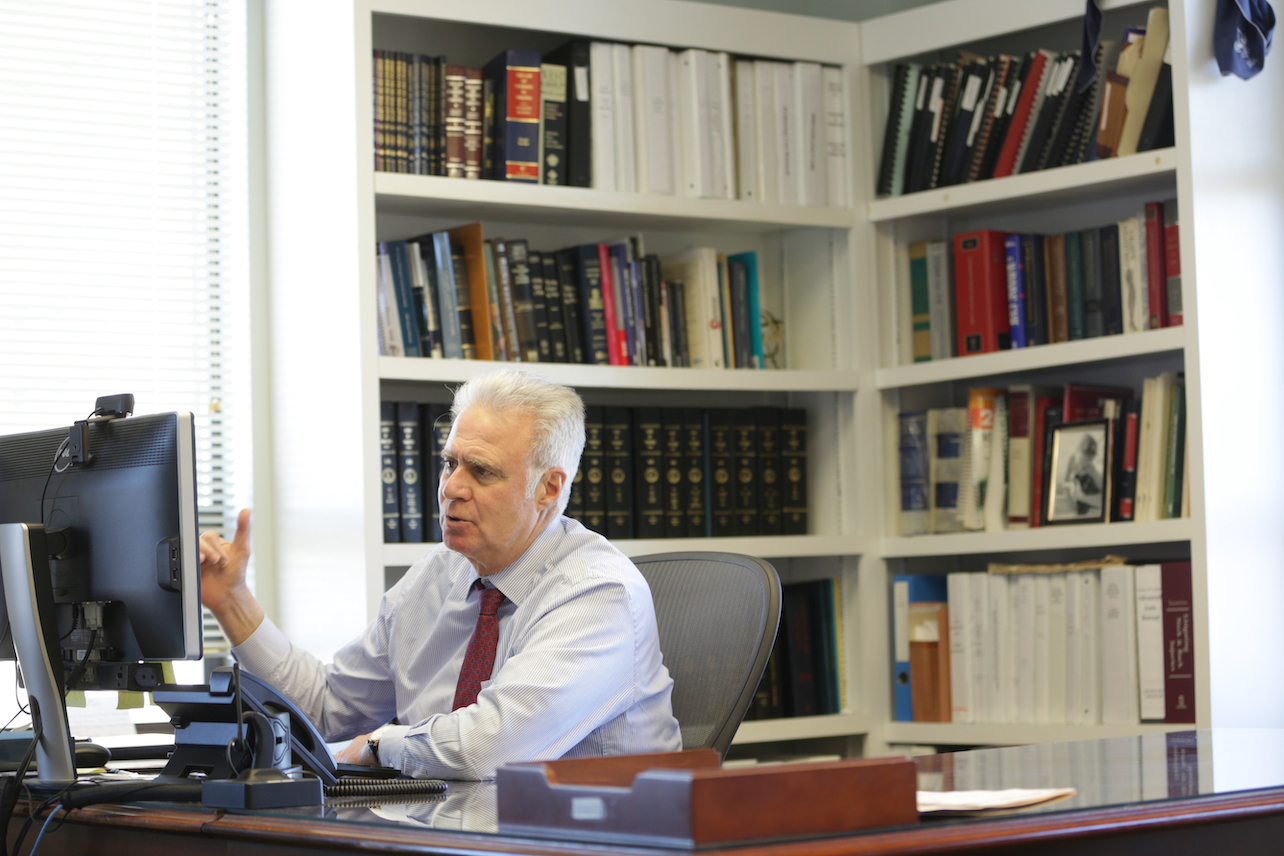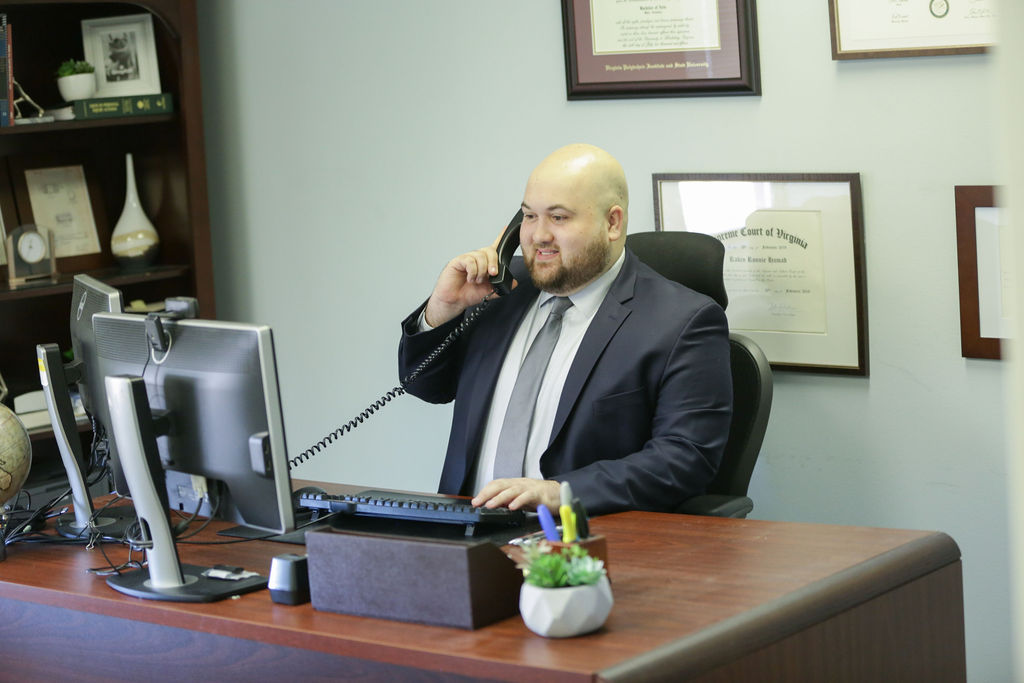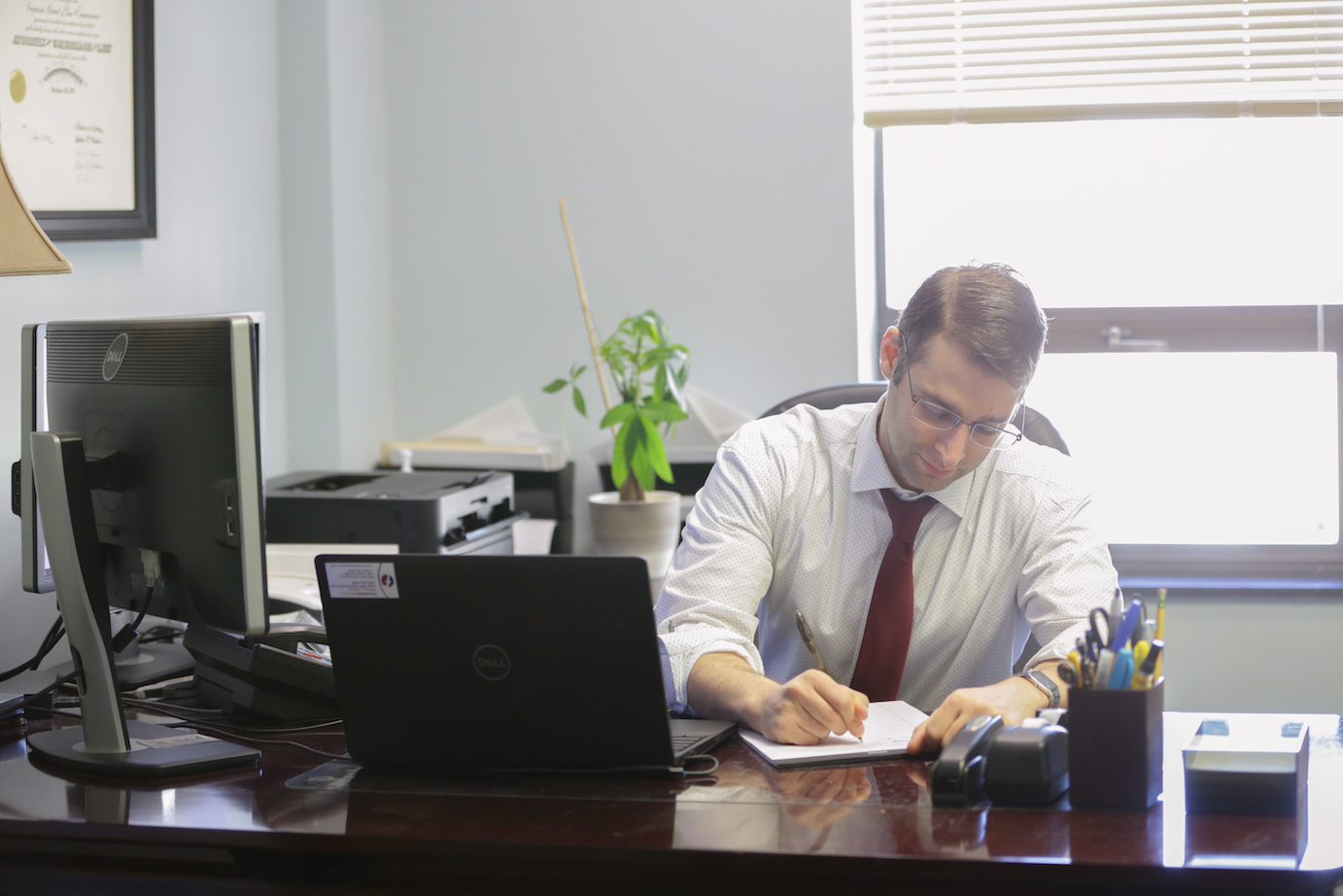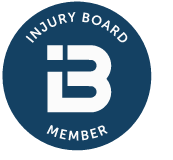
The future was supposed to be breezy with the embrace of self-driving cars. However a recent recall involving Cruise vehicles, a subsidiary of General Motors (GM), highlights the considerable hurdles still looming and has cast a shadow over this technology’s reliability.
The Incident
In the streets of San Francisco in October 2023, a Cruise vehicle was involved in an incident where a pedestrian, who was hit by a hit-and-run driver, was then subsequently dragged about 20 feet by an autonomous Cruise car. The car was attempting to escape traffic pile up due to the initial accident but unfortunately added to the chaos.
The Response
In response, GM has recalled nearly 1,000 cars. The update to its software will ensure that vehicles remain stationary in similar situations. It has software developers fighting to keep up with the vast and varied situations the autonomous vehicle can find itself in. And, it emphasizes the very real danger posed by often unforeseen software issues. California’s DMV suspended the driverless operations of Cruise, emphasizing a trend increasingly clear to autonomous vehicle operators: the legal community is becoming more concerned about how well the vehicles are tested, product liability, and the safety of the public.
Legal Implications
There is a clear indication that current self driving systems may not yet match human responsiveness to unexpected scenarios and, much like traditional auto or pedestrian accidents, the backbone legal issue of negligence remains the same. In this evolving landscape, our firm is dedicated to understanding these nuances, advocating for victims’ rights, and ensuring that companies like Cruise are held accountable for their technology’s impact on public safety.
Tell us more about your legal matter and a member of our team will be in touch with you shortly.


















